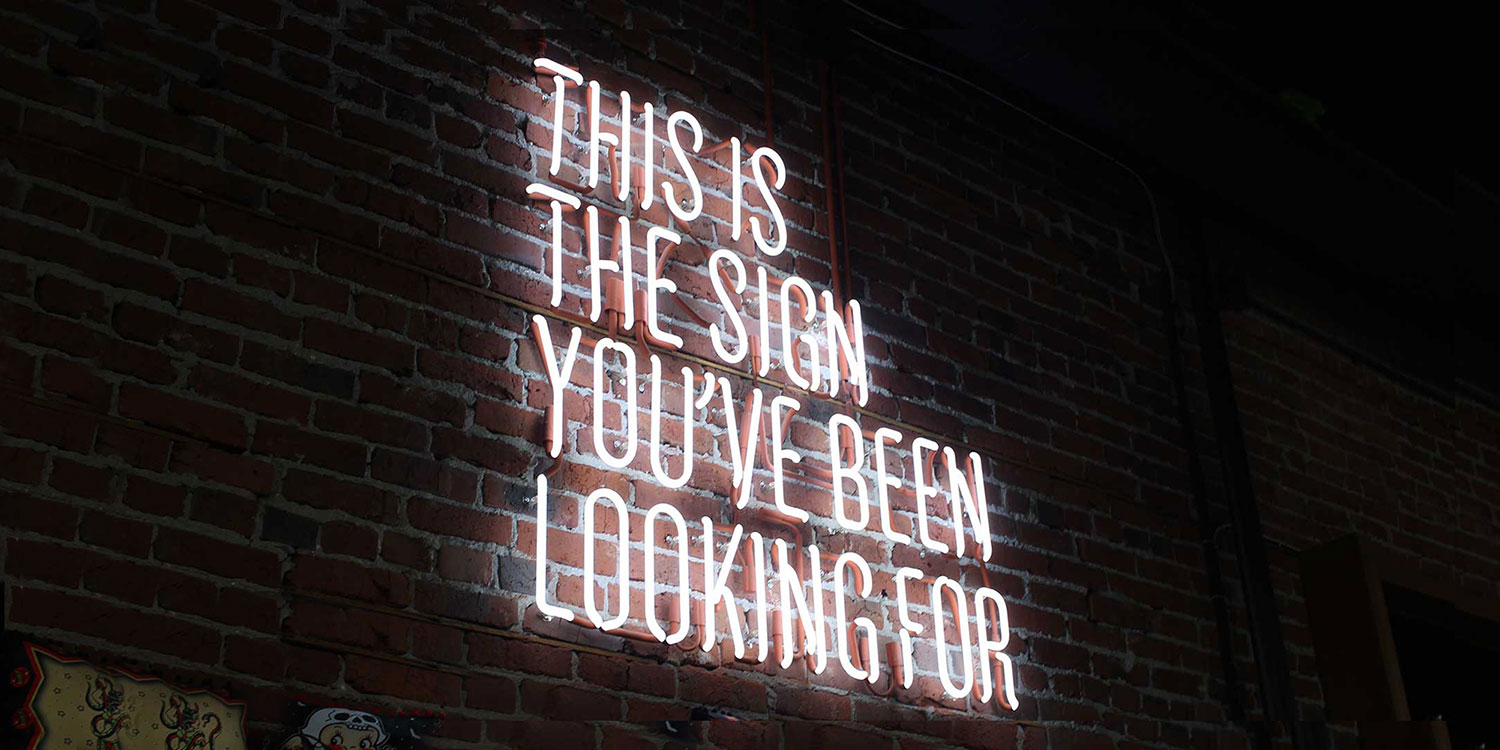Growing up, I was convinced life was more or less what was portrayed in the media.
Watching movies like Old School and American Pie led me to believe that my college years would be a time of partying, drinking, and a generally care-free lifestyle. That idea was shattered for me before I even made it to college. On April 9th, 2011 I drank and used drugs for the last time. I have been in recovery from drug and alcohol addiction since that date: senior year prom.
Spending spring break of senior year in detox may have seemed like a nightmare at the time, but it taught me that life is not a cookie-cutter situation. I didn’t need to live my life based on what I thought I needed to be doing, what I thought my parents wanted me to be doing, or what my friends seemed to be doing. Everyone’s path is unique, and everyone’s recovery path is unique. That was a critical lesson for me to learn as an 18-year old questioning everything about life.
When I moved to Washington, D.C. for college in August of 2011 with just 4 months sober, I expected to be greeted by a hundred other students in recovery from addiction. That was not the case, and the college administrators seemed to never have met another student identifying as in recovery. Lesson number two, which I learned throughout my freshman year, was to significantly adjust my expectations (of everything). Up until that point in my life, I would plan out everything—including people’s reactions to my actions. Unrealistic expectations almost caused me to take my own life in December of 2011.
“Everyone has a different path to and path of recovery. I am eternally grateful to have found a path that works for me.”
Through these two difficult lessons, a dream was born. As I continued to meet fellow students battling addiction and seeking recovery, I knew I needed to make this a priority in my life. In February of 2012, we formed a student organization entirely made up of students in recovery. We met weekly, went to meetings, did sober activities throughout the city, and checked in with each other on a regular basis. I knew I had found a resource and support network that not only saved my life, but could transform the lives of thousands of others.
I came to know this concept of supporting college students in recovery from addiction as collegiate recovery. Collegiate recovery saved my life, and I knew this resource needed to be available on every college campus. In June of 2014, I ventured out to Minneapolis, Minnesota to the National Collegiate Recovery Conference. I had no clue there was a national resource known as The Association of Recovery in Higher Education. I decided on the last day of that conference that I needed to make this my life’s work.
The first year of my recovery and the first year of college were somehow more horrific than active addiction. Collegiate recovery was the solution to that seemingly impossible problem.
Things have only improved since then thanks to some really important personal life lessons:
-
I am who I surround myself with; I am a byproduct of my environment. I need to surround myself with individuals with strong recovery principles who walk with integrity.
-
There is no limit to the amount of good I can do if I don’t care about the credit. Just focus on the work—awards/spotlights/recognition are nice but not necessary.
-
Priorities are personal, variable, and a daily requirement. I need to be doing what’s right for me, for my parents, for my friends, and for my other priorities. Selfless service does not mean I can’t take care of myself.
Everyone has a different path to and in recovery. I am eternally grateful to have found a path that works for me. I cannot recall how many times in high school and in college I dreaded going to bed because I could not sleep. The agony of life took a significant toll on my mental health and it seemed like there was no end in sight. After I was able to prioritize my own wellbeing and progress to a point of serenity and balance, I knew that being of service was my calling.
“Being of service” has so many meanings, but for me it comes down to helping others in a way that is decided by a power greater than myself. For me, this higher power concept is simply collegiate recovery. For me, being of service is growing, scaling, and expanding collegiate recovery as far as I can grow it in my lifetime. I believe the best way to do that is through our national association. Collegiate athletics would not have grown to the point it’s currently at without the NCAA. Medicine would not be where it is today without the American Medical Association. I believe our path forward is through mobilizing collegiate recovery staff, students, and stakeholders around a common cause and goal.
When I think back on my recovery journey, I am most grateful for the people who got me to the point I am at today: my parents, my sponsor, my partner, my mentors, my friends, my bosses, and my obstacles.
Recovery is not easy, but it should be an opportunity and right available to all who seek it.








